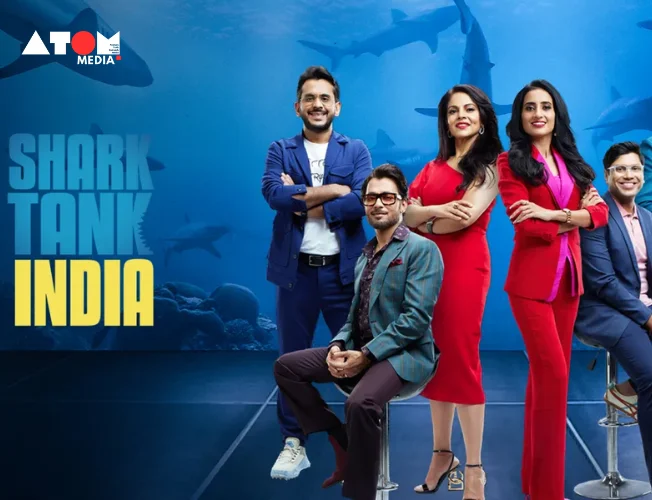Reality TV may be a two-edged sword for prospective entrepreneurs. While shows like Shark Tank provide a venue for launching new businesses, recent instances involving Indian entrepreneurs have raised worries about post-show hurdles. Several Shark Tank India participants are experiencing a social media nightmare, having been shut out of their accounts and purportedly incurring commercial losses.
The Accusation: Copyright Infringement or Marketing Strategy?
The essence of the issue is how entrepreneurs used video from their Shark Tank appearances for social media marketing. Pathik Patel, the founder of Fit and Flex and a Season 3 participant, described his perspective. “Being on Shark Tank was a dream come true,” according to him, “but what followed was a nightmare.” According to Patel, Sony Pictures Networks India (SPNI) accused them of copyright and trademark infringement for using excerpts from their Shark Tank episode. As a result, Meta (the owner of Facebook and Instagram) suspended their accounts and disabled collaborative tools. Patel argues that the program standards granted them permission to utilize the content for three months, but restrictions were applied within 25 days.
Social Media Lifeline Cut Off: Devastating Impact for D2C Brands
The implications for these startups are significant. Many direct-to-consumer (D2C) companies rely significantly on social media marketing and influencer partnerships. With their accounts restricted, they are unable to reach new customers or create sales. Roshaan Mishra, founder of BrandsDaddy and another Shark Tank alumnus, emphasizes the collective impact. Over 500 startups participated,” according to him, “many of them are facing the same issue.
Startups Fight Back: Legal Notices Served
The companies took legal action because they felt they were not being heard. They claim Sony did not provide clear guidelines or an opportunity to dispute Meta’s judgment. Sony and Meta have received legal notices demanding account restoration and compensation for legal fees.
Sony Defends its Stance: Protecting Intellectual Property
SPNI, in response to these accusations, emphasizes their need to protect intellectual property rights. They acknowledge the show’s popularity but assert that some participants are “using the show’s content and branding without permission for their own commercial ventures.” They claim to be taking “decisive action” to curb copyright infringement while respecting the contestants’ achievements.
Where Does the Responsibility Lie?
The situation raises questions about communication and ownership. Did Sony clearly outline copyright terms to participants? Should a time limit be placed on using show content for marketing? Is Meta caught in the crossfire, responsible for enforcing copyright claims without room for negotiation or appeal from the startups?
A Call for Clarity
This dispute emphasizes the need for more precise rules governing social media platforms, businesses, and reality shows. Such circumstances can be avoided from impeding the expansion of a business with clear guidelines and open communication. Startups should have an equal opportunity to capitalize on their Shark Tank exposure without risking their web presence, even though Sony has an obligation to safeguard its intellectual property. A solution that upholds intellectual property rights and encourages prospective entrepreneurs is essential, especially as Shark Tank India’s popularity soars.
Read more: Marketing News, Advertising News, PR and Finance News, Digital News





